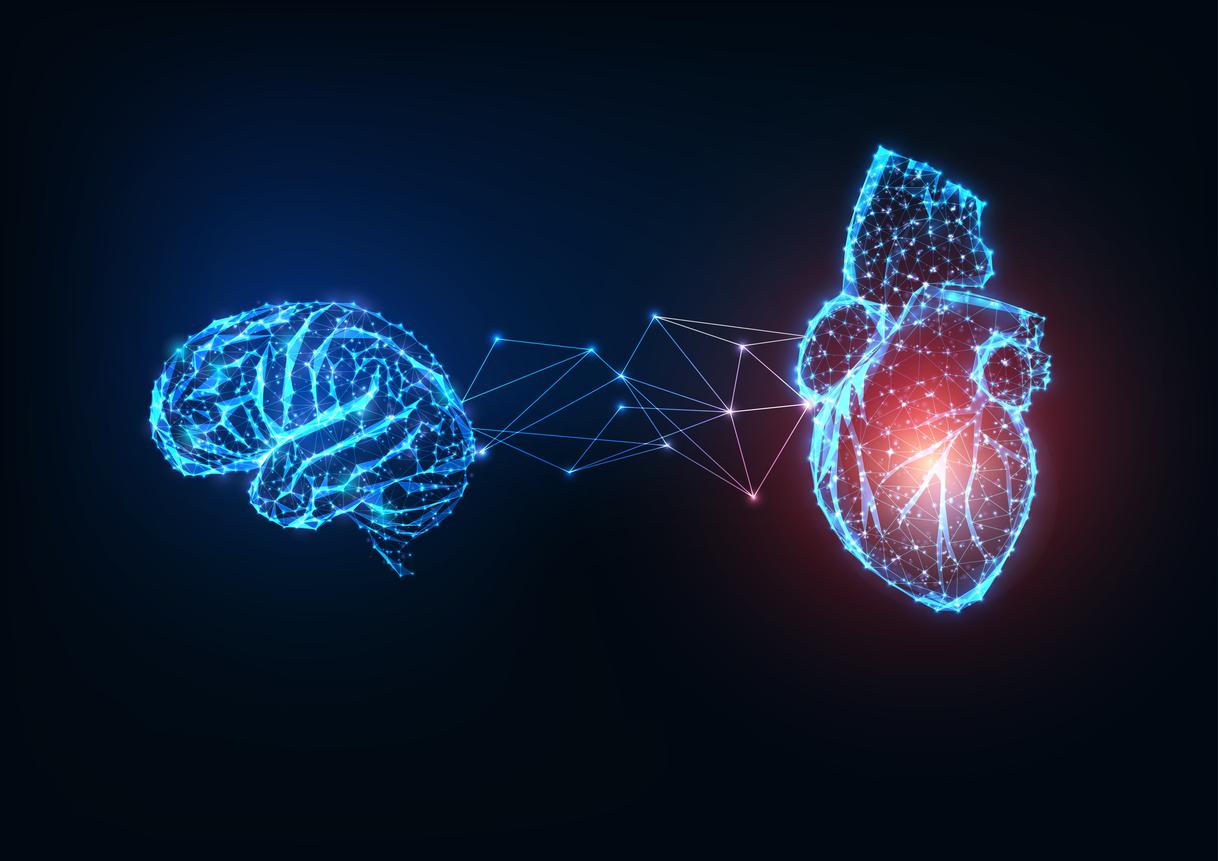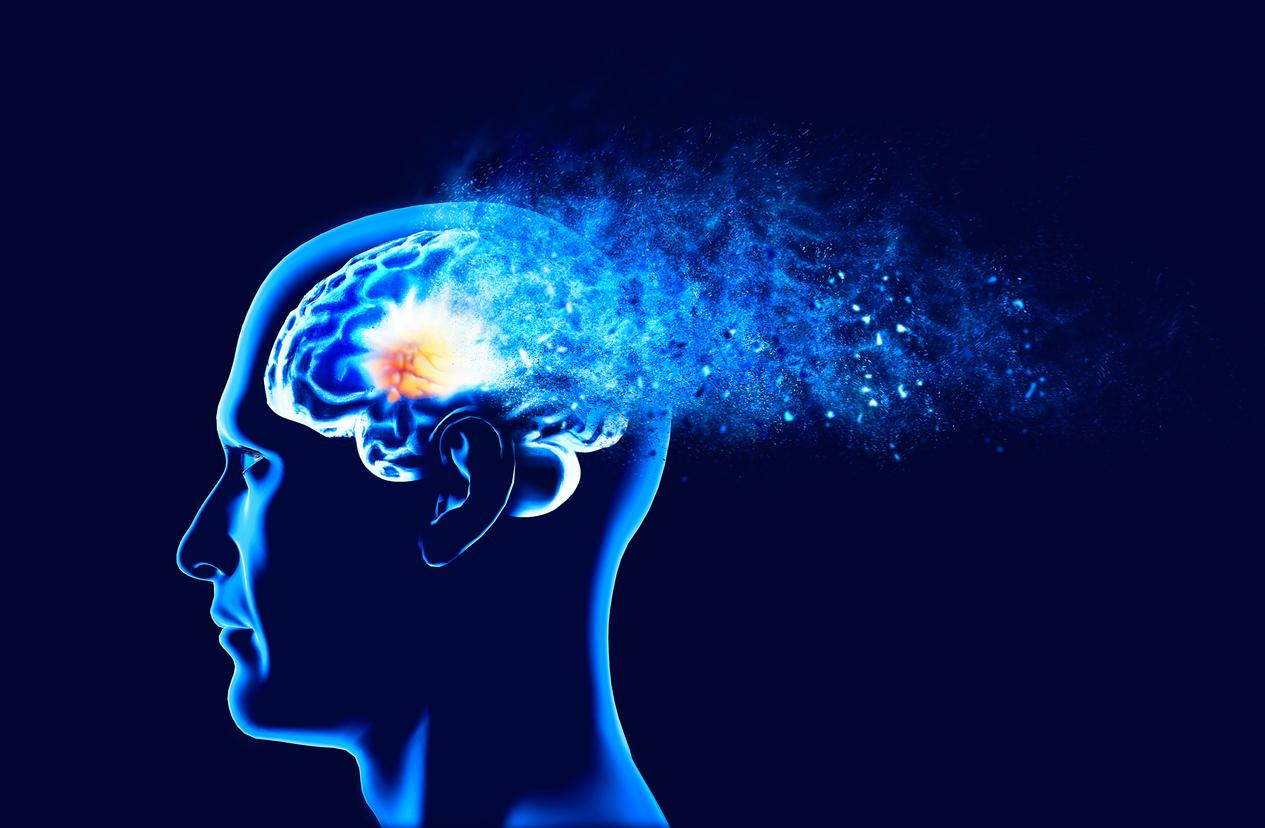The results of a French study published in the journal Neurobiology of Aging invite us to redefine the way Alzheimer’s disease is diagnosed today.
In France, approximately 225,000 people are diagnosed with Alzheimer’s disease each year. Amnesia, or memory loss, is one of the most obvious symptoms. “On the cognitive level, amnesia is in fact considered to be the most frequent and earliest symptom, and is systematically evaluated in patients for whom the pathology is suspected, underlines a press release from Inserm, this 4 Alzheimer’s disease is therefore frequently first diagnosed in elderly patients with memory impairment or quickly ruled out otherwise.”
Memory impairment is a weak predictor of Alzheimer’s
The experiment is unprecedented: researchers wondered whether the presence of amnesia assessed by cognitive tests at the time of diagnosis was predictive of the onset of Alzheimer’s disease. To conduct this study, Maxime Bertoux, a researcher at Inserm, Professor Florence Pasquier of the “Lille Neuroscience and Cognition” laboratory, relied on data from brain donations from 91 deceased patients who had suffered from various neurodegenerative diseases including Alzheimer’s disease, but also frontotemporal degeneration, Lewy body disease, Creutzfeldt-Jakob disease, or progressive cerebrovascular lesions.
They carried out a post-mortem diagnosis and compared it to the evaluation of cognitive performance carried out at the time of diagnosis.
Conclusion : a third of Alzheimer’s patients had no memory problems at the time of diagnosis, and conversely, nearly half of patients without Alzheimer’s pathology had amnesia.
“Our results confirm that diagnosis based on amnesia as a systematic marker of Alzheimer’s disease has limited relevance.emphasizes Maxime Bertouxthey invite to rethink the way in which this disease is diagnosed in order to reduce diagnostic error and the misdirection of certain patients and to improve the clinical and societal recognition of other neurodegenerative diseases.”
A symptom suggestive of other pathologies
In short, not only would we miss cases of Alzheimer’s disease (those that do not manifest themselves by memory lapses), but in addition, we would identify (wrongly) as “Alzheimer” neurodegenerative pathologies others, requiring different treatment.
According to Inserm, memory problems are for example present in 50% of cases of fronto-temporal degeneration. The problem is that this disease evolves differently and requires different therapeutic management. “In these patients, specific management of Alzheimer’s disease can be deleterious.”
These results also have consequences in terms of research since many clinical trials aimed at testing treatments against Alzheimer’s disease recruit their participants precisely on the basis of amnesia. “Systematically associating memory loss with Alzheimer’s disease could bias inclusions in research protocols”, commented Maxime Bertoux.
Source: InsermAmnesia would not be a systematic marker of Alzheimer’s disease”
Read also
- In Europe and the United States, Alzheimer’s disease is on the decline
- Virtual reality to detect Alzheimer’s disease


















